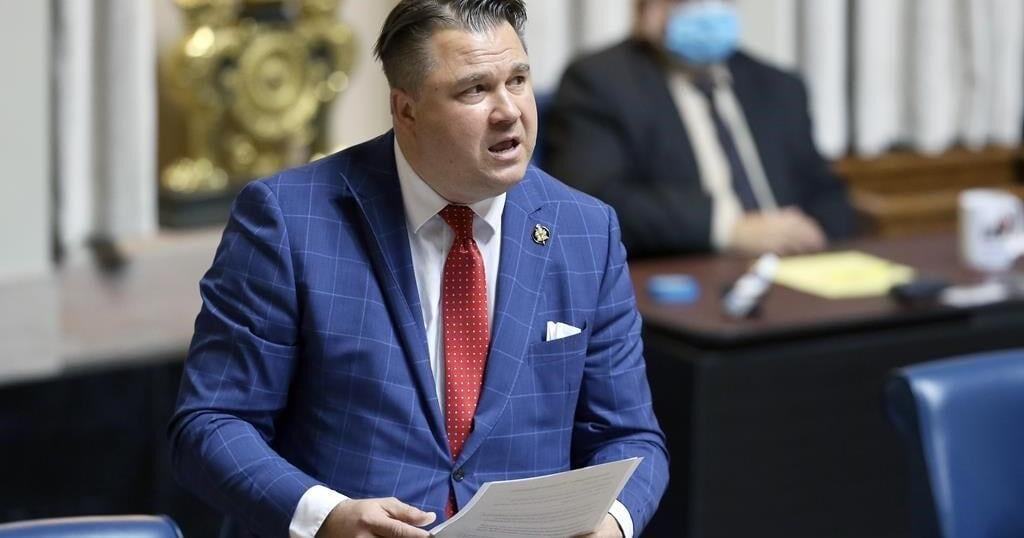Black Canadians encounter substantial barriers and discrimination within the healthcare system, leading to detrimental effects on their health and well-being. Systemic racism and anti0Black biases are deeply embedded, resulting in poorer health outcomes and unequal access to quality care.
Research highlights that Black Canadians frequently face disrespect, mistreatment, and racial discrimination when accessing healthcare (Mahabir et al.,2021). These negative experiences range from having their symptoms dismissed by healthcare providers to encountering dehumanizing attitudes and negligent communication. Black patients often feel “viewed as inferior” within the system (Mahabir et al.,2021). The widespread racism manifests in various forms, including unequal access to services, lower quality of care, and a lack of cultural competency among healthcare providers (Black Health Alliance, 2022). Compared to their white counterparts, Black Canadians are more likely to report being treated poorly or with less respect by healthcare workers (Black Health Alliance, 2022).
The consequences of systemic discrimination in healthcare are severe, contributing are severe, contributing to significant health disparities. Black Canadians experience higher rates of chronic conditions such as diabetes, HIV, and certain cancers compared to the general population (Government of Canada,2020). They are also more likely to report fair or poor health, with young Black women being less likely to report excellent or good mental health (Government of Canada,2020).
Frequent encounters with racism and discrimination are directly linked to poorer physical and mental health outcomes. This includes higher rates of obesity, hypertension, and lower self-rated health (Black Alliance, 2022). The COVID-19 pandemic further exposes these inequities with Black communities facing disproportionately higher mortality rates (York,2023)
Structural racism also leads to the creation of “service deserts”-areas where accessible, affordable, and culturally appropriate healthcare services are scarce (Black Health Alliance,2022). This lack of resources exacerbates health disparities, making it difficult for Black Canadians to receive necessary care. Consequently, they suffer from higher rates of chronic illnesses without adequate support or intervention.
In addition to geographical barriers, Black Canadians often face financial obstacles that hinder their access to quality healthcare. Socio-economic disadvantages, driven by systemic racism, contribute to lower incomes and higher poverty rates, limiting the ability to afford necessary medical services and treatments (The Conversation,2024).
Dismantling anti-Black racism in healthcare requires a comprehensive, community-driven approach. Experts stress the importance of forming meaningful partnerships with Black communities to leverage their strengths and lived experiences (The Conversation,2024). This involves thoroughly examining organizational cultures, policies, and practices to identify and address systemic biases (York, 2023).
Government, institutions, and individuals must recognize the unique history and impacts of anti-Black racism rather than treating it as a generic issue. Targeted efforts to enhance representation, equity, and inclusion for Black Canadians in healthcare system are crucial (Black Health Alliance,2022)
To create a more equitable health are system, Canada must implement systemic changes that address the root cayuses of anti-Black racism. This includes developing and enforcing policies that promote diversity, equity, and inclusion within healthcare institutions. Training healthcare providers in cultural competency nd anti-racist practices is essential to ensure respectful and effective care for Black patients (Black Health Alliance,2022).
Additionally, increasing the representation of Black professionals in the healthcare sector can help address biases and improve the quality of care for Black Canadians. Representation matters, and having healthcare providers who understand the unique challenges faced by Black communities can lead to better health outcomes (York,2023).
Creating a more just, equitable, and inclusive healthcare system that empowers Black Canadians to thrive requires sustained commitment and collaboration across all levels of society. (York,2023). This involves not only policy changes but also a shift in societal attitudes and behaviors. By addressing the deep-rooted, pervasive nature of anti-Black racism, Canada can work towards a future where health equity is a reality for all citizens.
In conclusion, addressing anti-Black racism in Canada’s healthcare system requires recognizing its historical roots, understanding current manifestations, and committing to sustained, targeted efforts for change. Only through such comprehensive measures can Canada hope to build a healthcare system that truly values and supports the health and well-being of Black Canadians ensuring they receive the quality care they deserve.
Reference
Black Health Alliance (2022). ANTI-BLACK RACISM. Retrieved from https://blackhealthalliance.ca/home/antiblack-racism/
Government of Canada (2020): Social determinants and inequities in health for Black Canadians: A Snapshot :Anti-Black Racism as a Determinant of Health. Retrieved from https://www.canada.ca/en/public-health/services/health-promotion/population-health/what-determines-health/social-determinants-inequities-black-canadians-snapshot.html
Mahabir, D. F., O’Campo, P., Lofters, A., Shankardass, K., Salmon, C., & Muntaner, C. (2021). Experiences of everyday racism in Toronto’s health care system: a concept mapping study. International Journal for Equity in Health, 20, 1-15.. Retrieved from https://equityhealthj.biomedcentral.com/articles/10.1186/s12939-021-01410-9
The Conversation (2024). Addressing anti-Black racism is key to improving well-being of Black Canadians/ Retrieved from https://theconversation.com/addressing-anti-black-racism-is-key-to-improving-well-being-of-black-canadians-222053
York (2023). Black Canadians see workplaces as epicentres of racism, while 90 per cent see it as a serious problem in the criminal justice system. Retrieved from https://www.yorku.ca/news/2023/06/13/black-canadians-see-workplaces-as-epicentres-of-racism-while-90-per-cent-see-it-as-a-serious-problem-in-the-criminal-justice-system/
Related


































